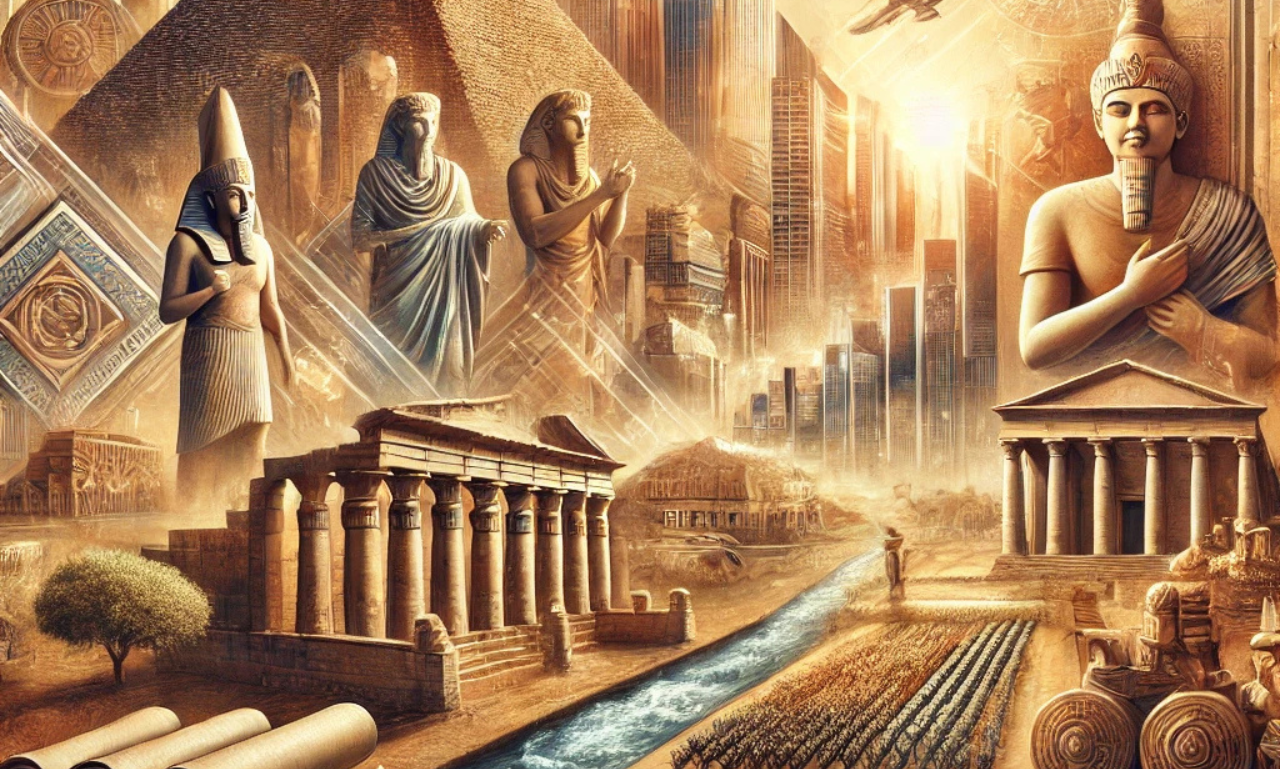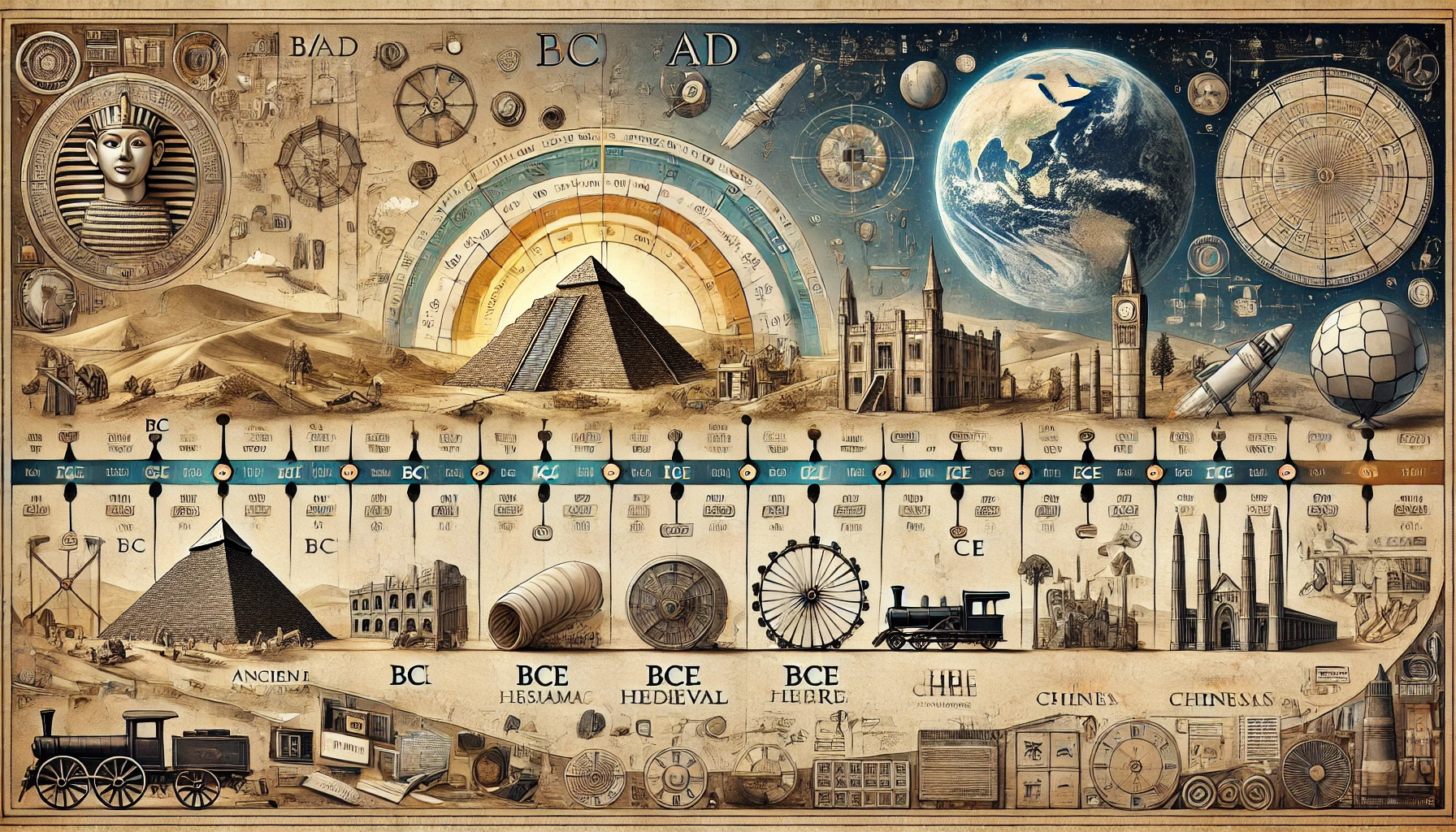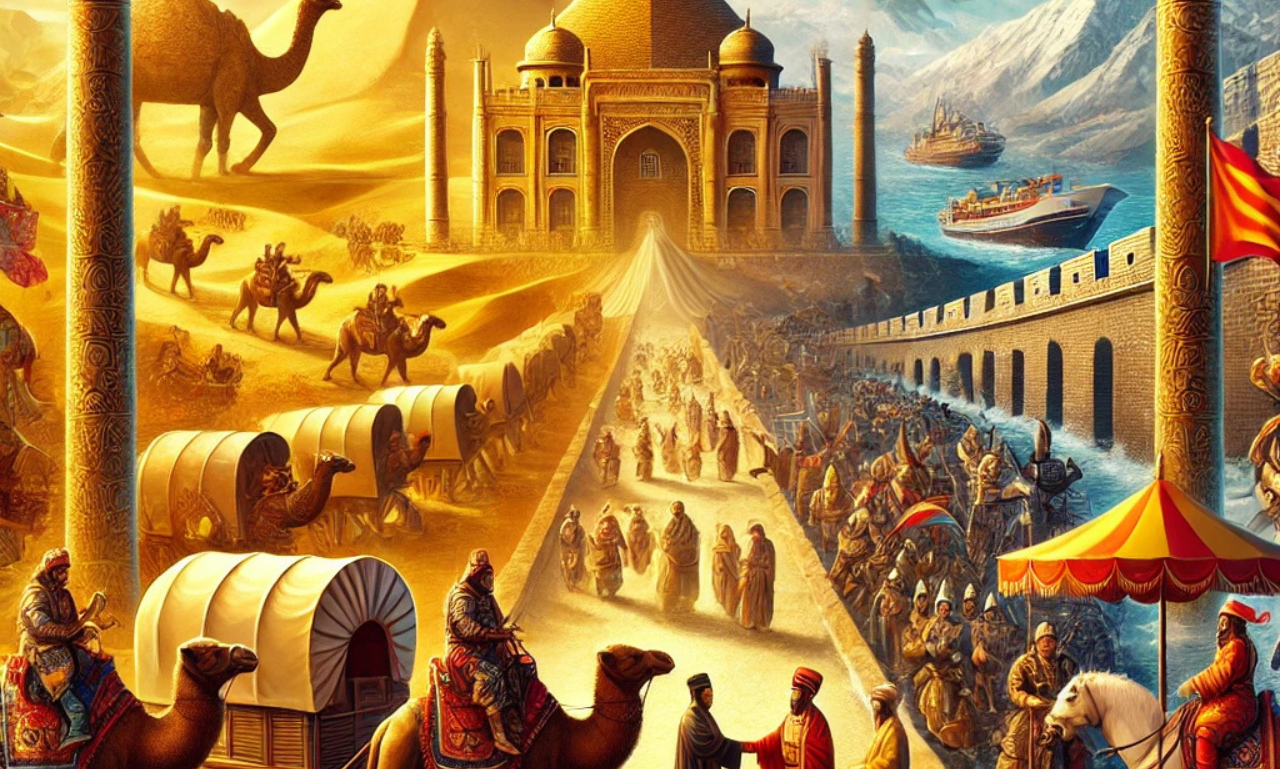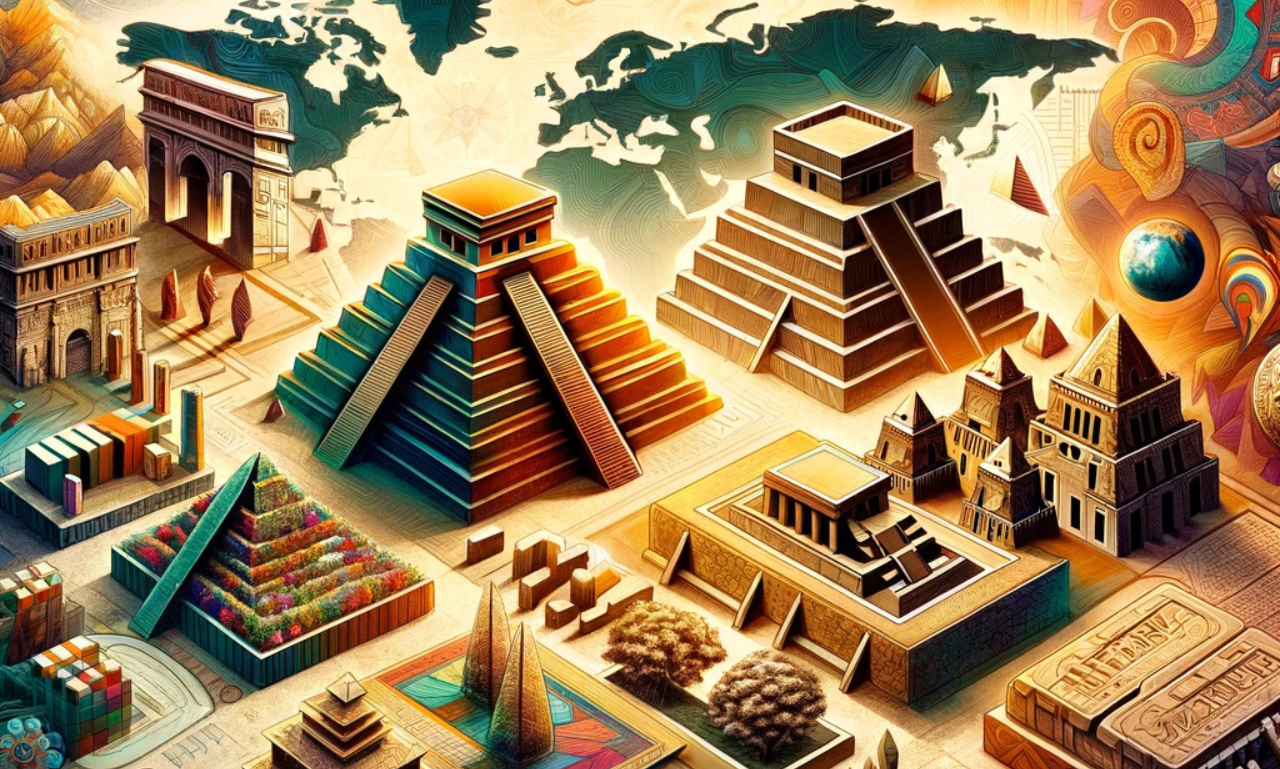Have you ever wondered what the true history of a civilization is? It’s a word we often hear, yet its scope and significance extend well beyond cities and cultures. A civilization is like a gorgeous tapestry made up of cultural, governmental, innovative, and social systems. Let’s explore the intriguing realm of civilizations and discover what differentiates them from simple towns or tribes.
What is civilization history? The Roots of the Word
The word “civilization” has a rather complicated origin. It comes from the Latin term civilis, which means “relating to citizens.” Initially, it referred to societies that were organized, urban, and governed—a stark contrast to nomadic or tribal groups. Over time, the meaning expanded to include communities marked by technological advancements, cultural achievements, and structured governance.
Think of a civilization as a result of human effort—a society that has reached a level of complexity and organization that goes beyond basic survival. It’s not just about having buildings or roads; it’s about creating systems that allow people to survive together.
Civilization vs. Culture, Society, and Tribes: What’s the Difference?
You may be asking how a civilization differs from a culture, community, or tribe. Let us break it down.
Civilization represents the pinnacle of social evolution. Civilizations are defined by sophisticated cities, political systems, occupational specialization, and cultural progress. They often cover enormous territory and encompass many cities.
Culture is the essence of a community, consisting of common activities, beliefs, and values. A single civilization may host several cultures, each with its own flavor.
Society is a wide phrase that refers to any group of people that are connected by interactions and connections. Societies may vary from tiny village settlements to vast empires.
Tribes are often smaller groupings united by family and ancestry. They may lack the modern structures of civilization, but they have their own rich rules and traditions.
A civilization may be defined as a sophisticated culture that has attained an advanced degree of urban and cultural development.
The Role of Urbanity and Agriculture in Civilization history
The journey from hunters and gatherers to city builders is one of humanity’s most transformational tales. Agriculture fundamentally changed the direction of human history. Once people learned to grow crops and domesticate animals, they could settle down in one location. Fertile plains created hotspots for permanent populations, which later expanded into cities.
Consider Uruk, for example. This ancient Mesopotamian city grew near the Euphrates River in modern-day Iraq. Its rich plains, helped by irrigation, sustained a growing population and established Uruk as a center for commerce and government. Similarly, Mohenjo-daro in the Indus Valley (modern-day Pakistan) demonstrated early urban design with grid-like layouts and complex sewage systems. These cities were more than simply places to live; they were hubs for innovation, culture, and trade.
Urbanization is a characteristic of civilization. It symbolizes the transition from transitory lives to permanent settlements where government, commerce, and cultural activities flourish. Cities developed as crucial centers of civilization, impacting the destiny of their inhabitants.

The Rise of Social Hierarchies
Social systems evolved with civilizations as they became increasingly sophisticated. Diverse responsibilities and the accumulation of wealth resulted in inequities. Social hierarchies emerged as a result of unequal access to power, money, and opportunities.
In ancient India, the caste system separated society into four different groups: priests, warriors, merchants, and workers. Each group had distinct duties and social expectations. Similarly, Ancient Egypt’s tiered society ranked the pharaoh first, followed by priests, administrators, artisans, and farmers. This hierarchy affected everything from everyday life to religious acts and even funeral rituals.
While these hierarchies frequently resulted in inequity, they also provided order and structure, allowing civilizations to operate and thrive.
Religion: The Unifying and Divisive Force
The history of civilization has always been fundamentally determined by religion. It binds cultures together by common ideas, traditions, and values. However, it distinguishes civilizations by establishing separate identities based on beliefs and behaviors.
Early civilizations practiced polytheism, worshiping numerous gods linked with nature, emotions, or social ideals. Some eventually adopted monotheism, believing in a single, all-powerful god. This transition often mirrored underlying philosophical and cultural shifts.
For example, ancient Egyptians worshiped gods such as Ra, Osiris, and Isis, who affected every part of their lives, from administration to agriculture. Meanwhile, the Mayans established a cosmology that was profoundly connected to nature and the cosmos, honoring gods such as Itzamna and Chaac. Their calendar systems and architectural accomplishments reflected their ideals.
Religion was both a source of unity and a catalyst for creativity, influencing art, architecture, and government.
The Written Word: A Civilization’s Lifeline
Imagine attempting to operate a sophisticated civilization without written communication. Impossible, right? Writing transformed civilizations, becoming indispensable in administration, commerce, culture, and history.
The Mesopotamians created cuneiform, a wedge-shaped character engraved on clay tablets. It was employed for a variety of purposes, including commercial transactions and epic narratives. Hieroglyphs were used in Egypt for both religious and governmental reasons, archiving prayers and chronicling the pharaohs’ splendor.
Writing enabled civilizations to establish laws, record transactions, and transmit knowledge across generations. It was more than a tool; it represented development and sophistication.

Art and Intellectual Pursuits: The Soul of Civilization
What would a culture be without its artistic and intellectual accomplishments? These are the manifestations of a culture’s ideals, ambitions, and inventiveness.
Consider the Egyptian pyramids. These massive structures demonstrate architectural brilliance, religious commitment, and organizational skill. Consider Confucianism, the philosophical doctrines that influenced the moral and political fabric of Chinese culture. Art and philosophy represent a civilization’s soul while also challenging and inspiring it to progress.

Conclusion: Civilization history as a Masterpiece of Human Effort
The history of civilizations is more than simply cities or governments; they are living entities formed by many human undertakings. From the rich regions of Mesopotamia to Confucius’ intellectual depths, civilizations formed our past and continue to affect our present.
So, the next time you hear the term “civilization,” remember that it refers to more than simply buildings and boundaries. It is the complex web of culture, government, creativity, and community that shapes who we are. And who knows? Perhaps the society we are developing now will provide the groundwork for the future.




